BEWIT Yellow mustard seeds, BIO
BIO YELLOW MUSTARD SEEDS
Organic yellow mustard seeds are widely used in pickling vegetables, preparing sauces and can be used to enrich various vegetable or legume dishes. Mustard seeds are a rich source of a wide range of enzymes, vitamins and minerals.


CZ-BIO-002
Curated reviews by the BEWIT Team
„Výborná a výživná pochoutka! Naklíčené hořčičné semínka a semínka černuchy. Naklíčeno za 4 dny. Přidám zeleninu, kterou mám ráda, lžíci hořčičného oleje, lžíci lněného nebo jiného BIO oleje, který máte rádi a smlsne si celá rodinka :-) Dneska jsem měla k obědu spolu s blanšírovaným chřestem a grilovaným tofu. Mňam :-) “
Jarmila Lettovská
History
Mustard is one of the oldest spices ever recorded in writing. In fact, this highly aromatic spice is mentioned in Sanskrit records dating back to 3000 BC. The first promoters of mustard seed products were the ancient Romans, who crushed the seeds together with sour fruit juices to form a thick juice. They gave this juice the name mustum ardens, which translates as ‚juice with a burning taste‘. This is where mustard got its English name or its French name moutarde. It is thanks to the Romans that we eat mustard as we know it today. Over time, the recipes were brought to Gaul. From there, it spread throughout Europe and other parts of the world. In addition to their seasoning properties, mustard seeds had other uses. The ancient Romans used them to relieve toothaches and Pythagoras himself used a poultice of mustard seeds to soothe wounds after a scorpion bite.
Origin and cultivation
This annual plant is native to India, where it is still widely cultivated today. It is an oilseed plant that grows to a height of almost one metre. It produces smaller yellow flowers which are arranged in raceme-like inflorescences. The fruits of mustard are shorter bracts covered with small hairs. Inside the seeds are yellow mustard seeds, which are harvested when fully ripe.
Composition and properties
Mustard seeds are a rich source of a wide range of enzymes, vitamins and minerals. Of the biologically active substances contained in mustard, a glycoside called sinalbin is considered to be the main active substance. Crushing the seeds causes various reactions of the released sinalbine. The crushed seeds are therefore used to prepare various poultices or homemade ointments for joints.
Instructions for use
Yellow mustard seeds have a wide range of uses. The seeds can be used whole or ground when preparing dishes. Whole mustard seeds are an ideal raw material for the preparation of the husks used in pickling vegetables. They are also suitable for the preparation of sauces and pickling meat. Roasted seeds have a spicy, slightly nutty flavour and can be used to enrich various vegetable or legume dishes. Ground seed powder is an essential ingredient in homemade mustards.
Origin: India
Sources:
[1] EKANAYAKE, Athula, Gerhard N. ZEHENTBAUER and Jairus R.D.DAVID, 2016. Yellow or White Mustard (Sinapis alba L.) Oils. Essential Oils in Food Preservation, Flavor and Safety. 857–863.
[2] YAN-FANGA, Xian et al. 2018. Comparison of the anti-inflammatory effects of Sinapis alba and Brassica juncea in mouse models of inflammation. Phytomedicine. 50, 196–204.
[3] FRANK, NANCY et al., 2010. Semiquantitative Analysis of 3-Butenyl Isothiocyanate To Monitor an Off-flavor in Mustard Seeds and Glycosinolates Screening for Origin Identification. Journal of Agricultural and Food Chemistry. 58, 3700–3707.
[4] BOSCARO, Valentina et al. 2018. Antiproliferative, Proapoptotic, Antioxidant and Antimicrobial Effects of Sinapis nigra L. and Sinapis alba L. Extracts. Molecules. 23(11), 3004.
[5] AKBAR, Shahid, 2020. Handbook of 200 Medicinal Plants [online]. Springer [cited 2020–05–26]. ISBN 978–3–030–16807–0. Dostupné z: https://doi-org.proxy.k.utb.cz/…-030-16807-0
100% pure and natural
All ingredients contained in the product are 100% pure and natural and non-synthetic.
ø Nutritional information
| Per 100 g | |
|---|---|
| Energy value | 316 kJ / 76 kcal |
| Fat | 3.3 g |
| – of which saturates | 1.1 g |
| Carbohydrates | 5.8 g |
| – of which sugars | 0.9 g |
| Fiber | 4.0 g |
| Protein | 3.7 g |
| Salt | <0.01 g |
Reviews
BEWIT Yellow mustard seeds, BIO
Want to add your own review? We're interested in your opinion.
Sign in / RegisterHa mustármagnyi hitünk lenne hegyeket is mozgathatnánk, mondotta a Mester.A Bewit mustármagja gyönyörű sárga, látszik benne a Nap fénye. Belsőleg kúraként használjuk, bőséges vízzel fogyasztva kitűnően tisztítja a bélrendszert. Mivel csíraképes mag, ajánlom csíraételként is enni. Ár-érték aránya magasan a legjobb a piacon, engem a mustármag hozott a Bewithez.
Did you find this review helpful?
Příjemně mě překvapila cena za množství. Semínka často klíčím a miluju je i v jídle, třeba s cizrnou. Krásně křupou.
Did you find this review helpful?
Výborná a výživná pochoutka! Naklíčené hořčičné semínka a semínka černuchy. Naklíčeno za 4 dny. Přidám zeleninu, kterou mám ráda, lžíci hořčičného oleje, lžíci lněného nebo jiného BIO oleje, který máte rádi a smlsne si celá rodinka :-) Dneska jsem měla k obědu spolu s blanšírovaným chřestem a grilovaným tofu. Mňam :-)
Did you find this review helpful?
+ 23

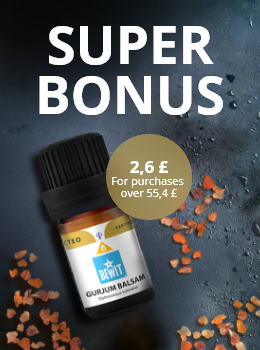
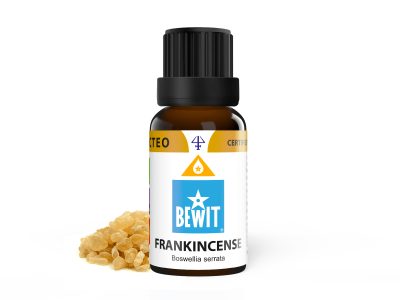
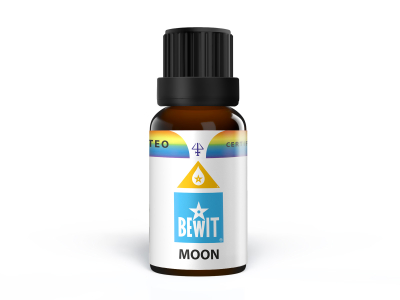
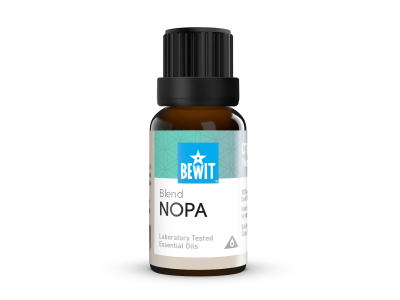
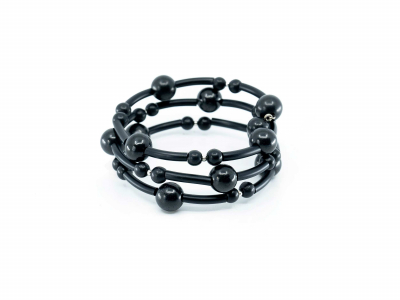
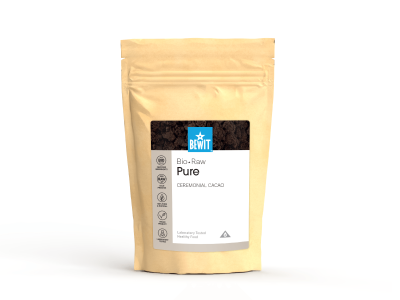
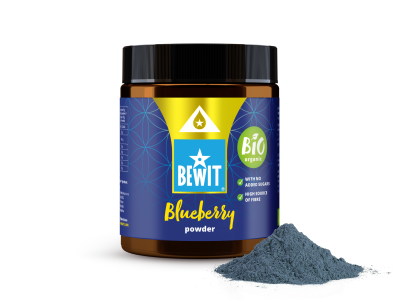
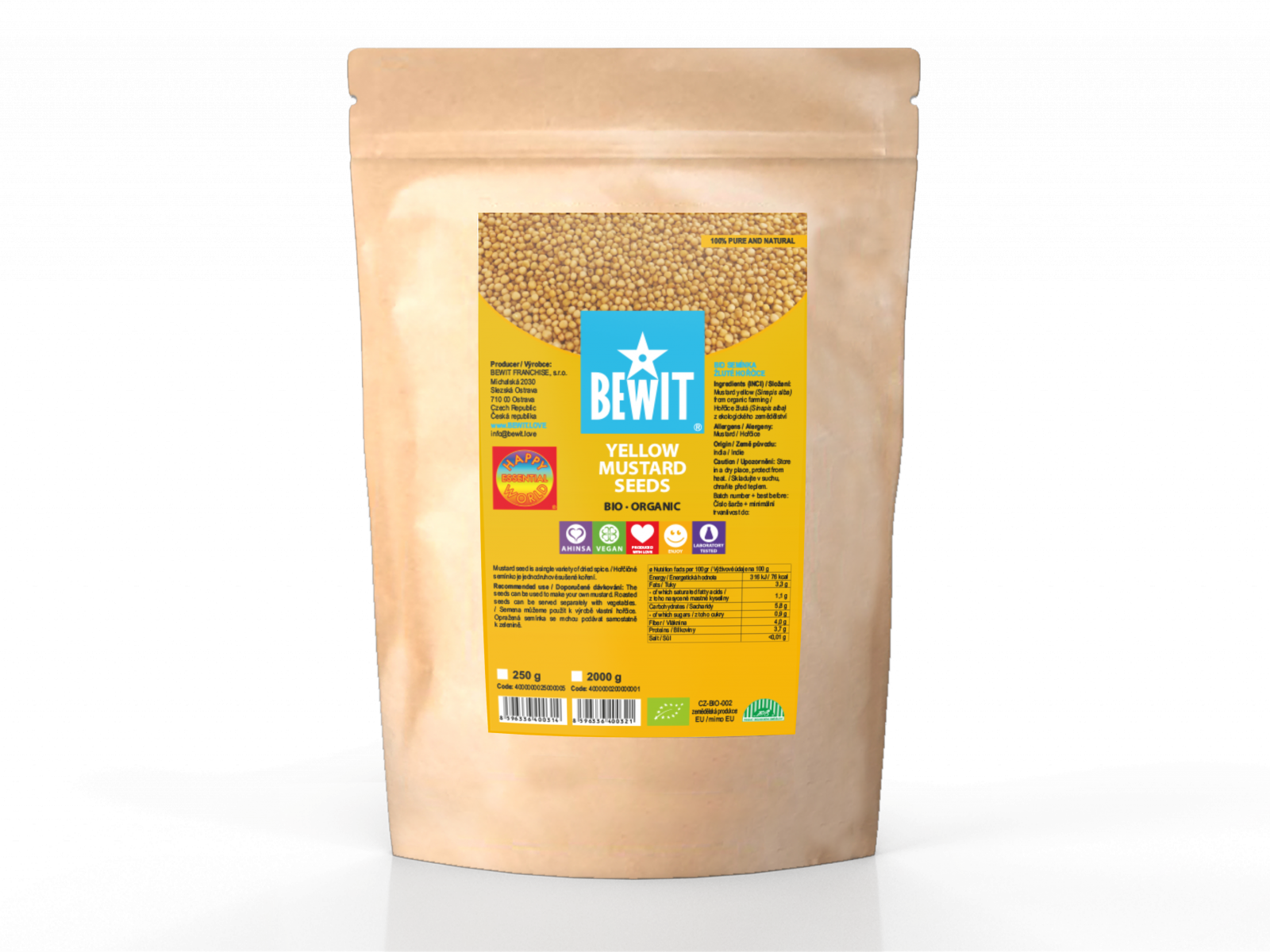
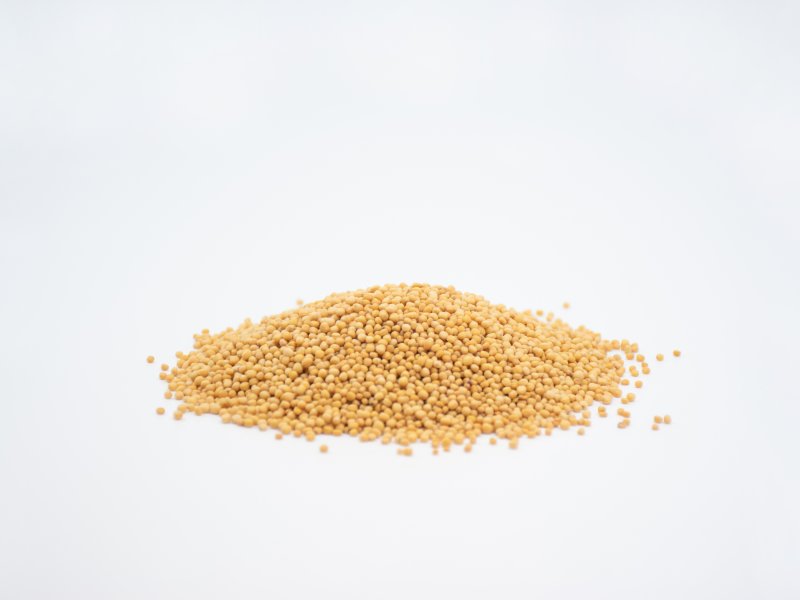
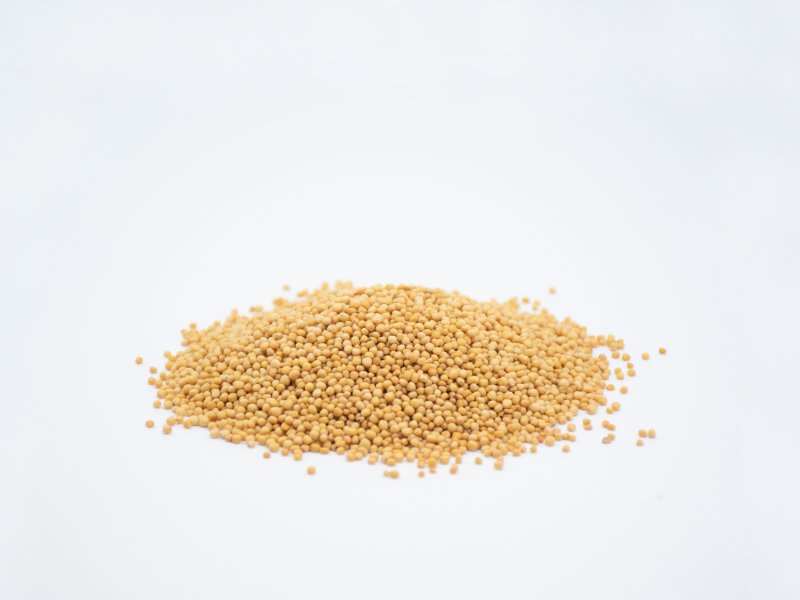
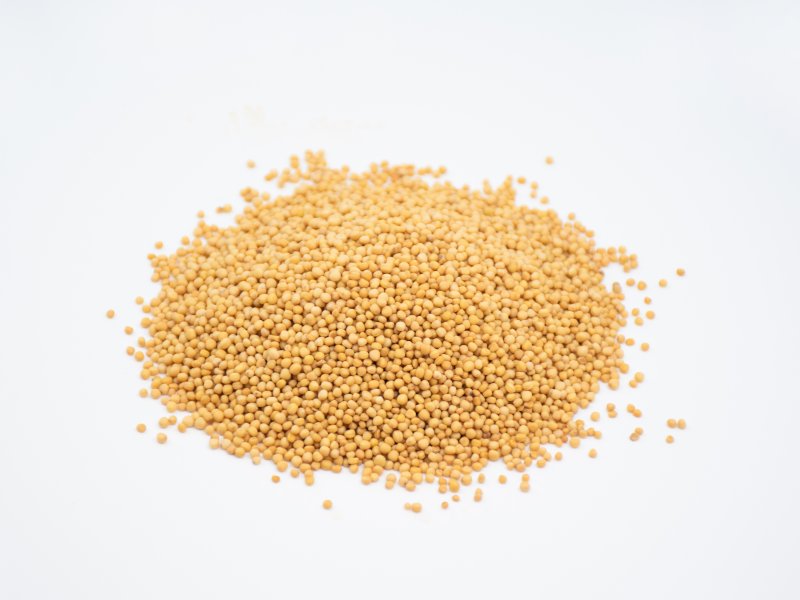
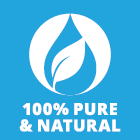
 Česky
Česky  Magyar
Magyar